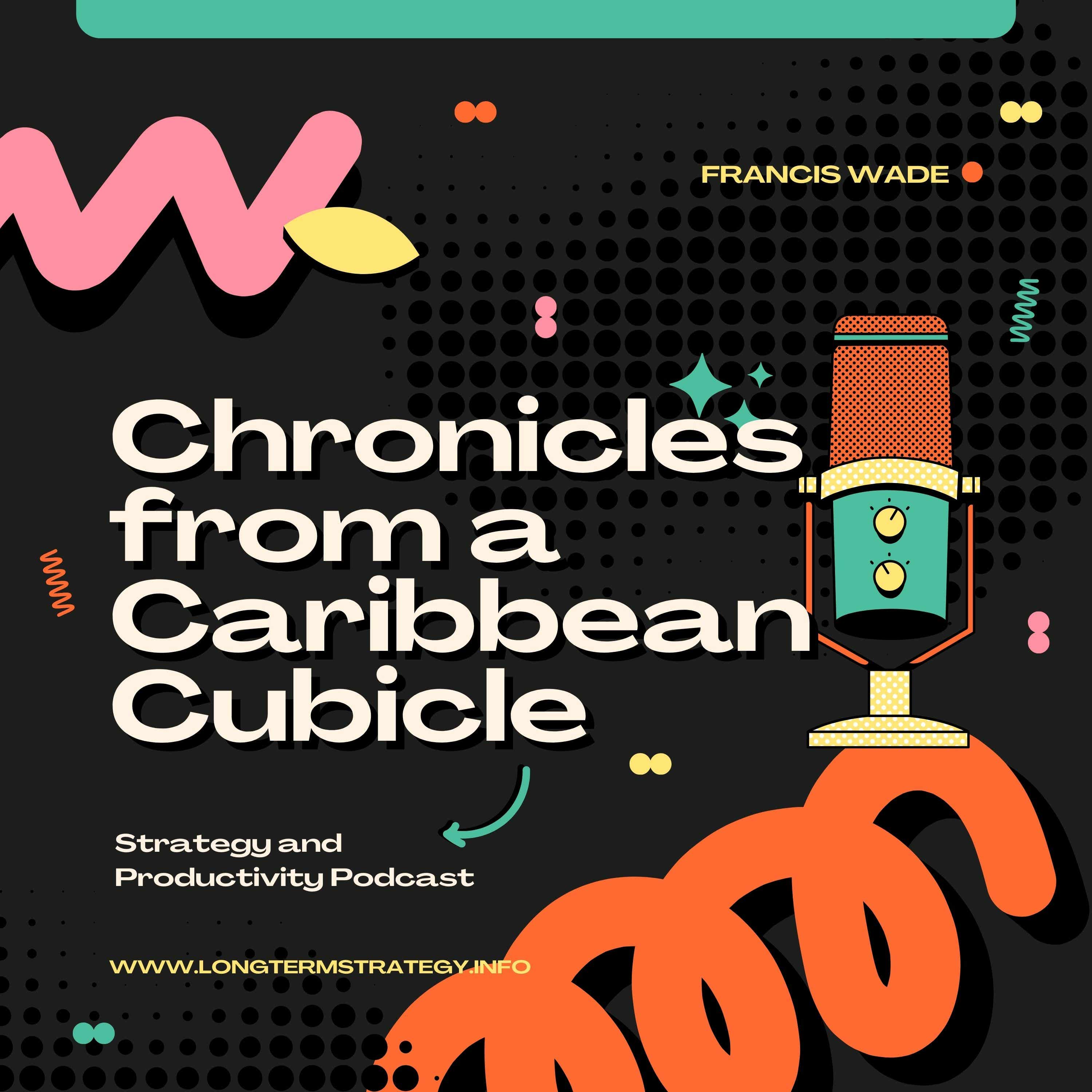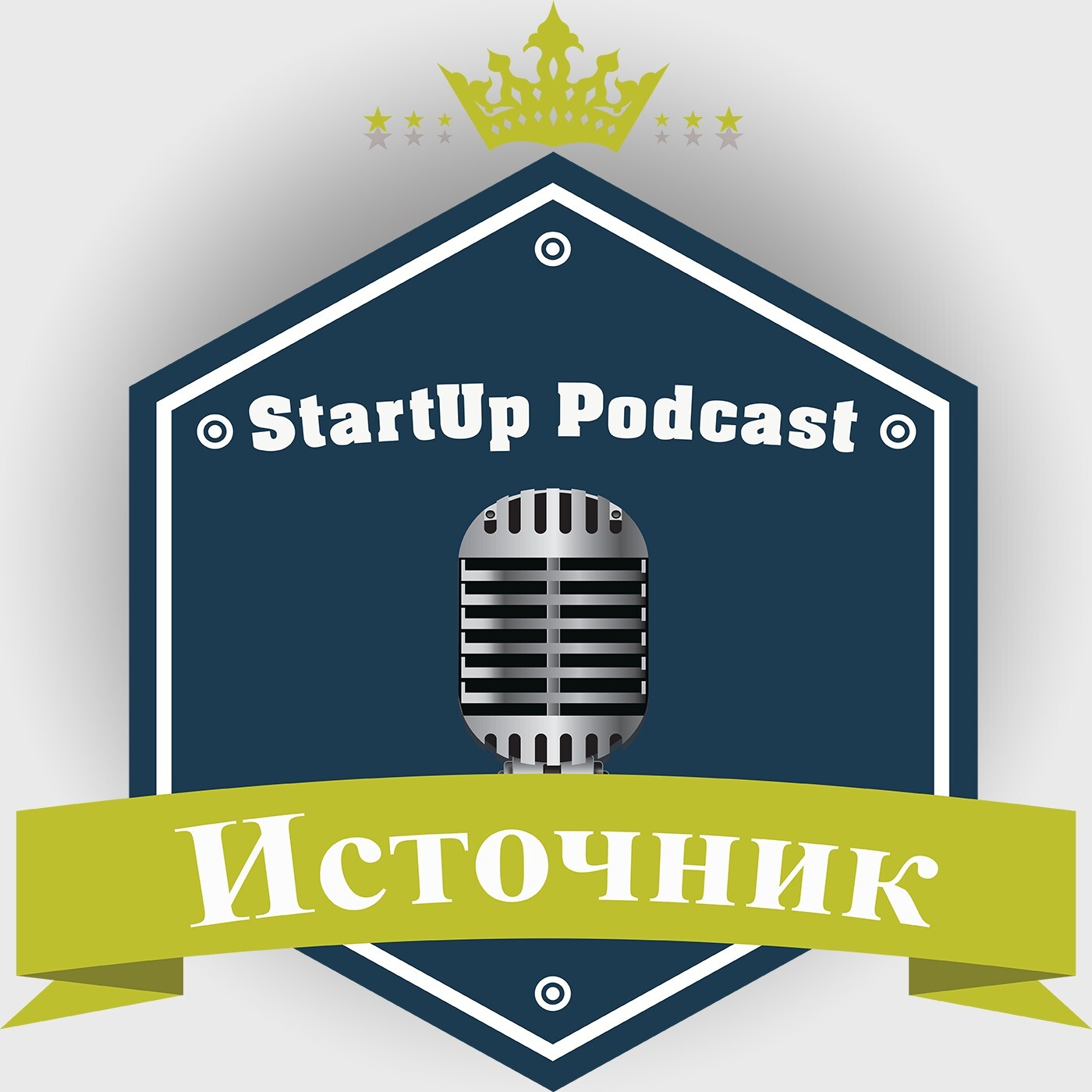 |
Chronicles from a Caribbean Cubicle PodcastArticles on Strategic Planning by Francis Wade, published in the Jamaica Gleaner newspaper business section and other places. Author: Francis Wade
There are significant challenges facing Caribbean companies. In the areas of strategic planning and productivity improvements, unique thinking is needed to break out of historical norms. But such thinking isnt easy to find. Join me, Francis Wade, for some provocative insights into the way I see these problems. These are mostly audio editions of past Gleanr articles. longtermstrategy.substack.com Language: en Genres: Business, Entrepreneurship Contact email: Get it Feed URL: Get it iTunes ID: Get it |
Listen Now...
Trauma-Proof Strategy: How to Tap Your Team’s Thinking with AI Prompts
Monday, 1 September, 2025
As a CEO or senior leader, you’re responsible for steering your organization into the future. But if you’re being honest, you may feel like you’re falling short. The day-to-day noise is deafening. How can you rise above it all and think strategically—especially now, when AI tools like Large Language Models (LLMs) are reshaping the game?In the past, you likely comforted yourself with a familiar belief: “We’ll think long-term later...once this urgent issue is behind us.” There was always supposed to be time—just around the corner—to lift your head up and see the big picture.But when you stop to look back, you realise: that moment never arrived.Instead, the pressure to be constantly reactive has taken over. Working nights, weekends, even holidays has become your team’s new normal. They understand the stakes. You’ve done your best under the circumstances. And yet, in quiet moments, you fear “It’s not enough.”You think of the companies whose leaders failed to plan for the obvious. Today’s executives in those firms are frustrated, pointing fingers at past C-suites who missed what, in hindsight, was plain to see.Consider the example of Digicel and its success in Jamaica since 2001. You can imagine the regret at Cable & Wireless. Or look at Canadian companies that relied too heavily on U.S. trade policies—only to find themselves exposed here in 2025. Think of Intel, struggling to compete with Nvidia and TSMC.In each case, when reality finally forced a wake-up call, it was too late.You might say, “But I trust my own instincts. I’ve pulled off miracles before.” That may be true. But today, that won’t be enough.Even if you locked yourself in a room with the best business thinker in the world, you’d still face a serious limitation: your competitors can now access smarter thinking faster. LLMs, paired with local, data-driven insight, are leveling the playing field. You’re not just competing with other executives—you’re competing with every team that knows how to ask better questions.That’s why strategy today is no longer about just having the “right” answer. It’s about involving your people in the process. Provoking new thinking from insiders who know the terrain best.Here’s how to do it.Rethink How You Prompt Your PeopleIf you’ve used LLMs like ChatGPT, you know: a well-crafted prompt makes all the difference. The same idea applies to your team. You need to move beyond weak prompts—like town halls, company retreats, or basic SWOT exercises.Instead, create what we’ll call an ultra-prompt. Start with these ingredients if you’re looking to revamp the way you hire top talent:* List 5–10 of your organization’s thorniest issues. Pick one—say, attracting top-tier talent under 35.* Gather internal data and case studies. Include hiring stats, exit interviews, culture surveys, pay equity reviews, and more.* Frame the issue differently. Teach a new lens like Jobs to Be Done or Category Design to shift how the problem is seen.* Form diverse, cross-functional teams. Mix tenure, departments, and seniority. Give them a focused 30–120 minutes.* Encourage the use of prompts for input in their LLM of choice. For example:“Imagine you’re an external consultant hired to diagnose and solve our challenge in attracting top young talent. Based on our data, industry, culture, and location—what invisible obstacles might be pushing people away? What hidden advantages could we better use? Give us three bold, actionable insights. Then suggest strategic moves to make them sustainable. Be bold, but grounded. Push us beyond our echo chamber.”You can even ask your teams to refine their thinking by requesting ideas in the voice of Peter Drucker or another visionary.What Happens Next? Expect DisruptionThe debriefs—both written and spoken—will be revealing. You’ll hear from employees who are wide awake. Some may offer challenging, unconventional ideas. That’s the point.Expect friction. Uncertainty. Breakthroughs. You’re not just solving problems—you’re surfacing potential that’s been hiding in plain sight.Strategy Can’t WaitLet go of the fantasy that you’ll find “a better time” to think strategically. That ship has sailed.In today’s landscape, the organizations that win are the ones brave enough to ask hard questions now. While others are buried in busyness, outdated tools, and endless meetings, you can be the one guiding your team with smart prompts—and real engagement.Not because you’re the smartest person in the room. But because you created a space where the smartest thinking could finally emerge.Longevity isn’t guaranteed. But with the right prompts, you’ll be ready when the next wake-up call comes. This is a public episode. If you'd like to discuss this with other subscribers or get access to bonus episodes, visit longtermstrategy.substack.com/subscribe












